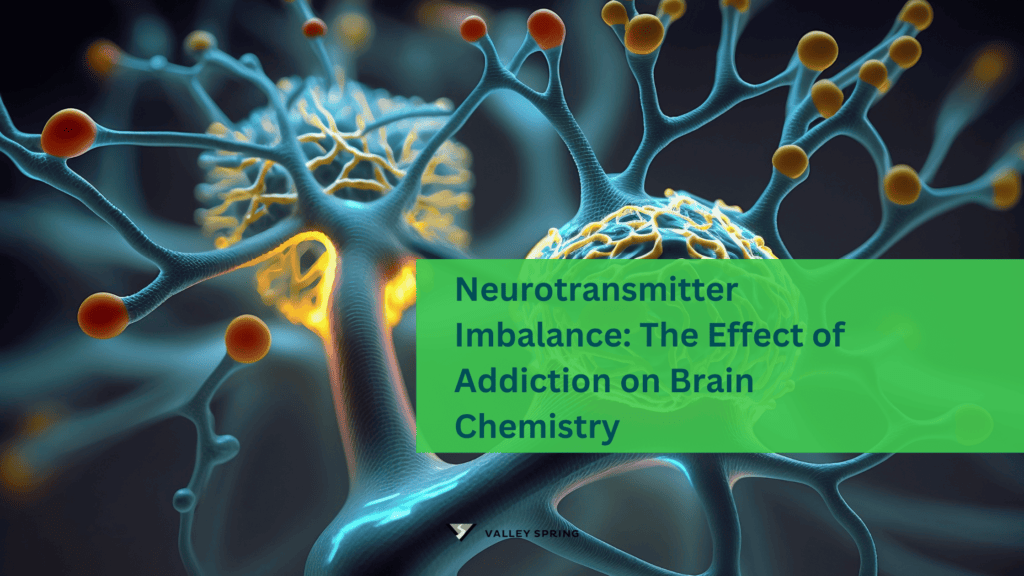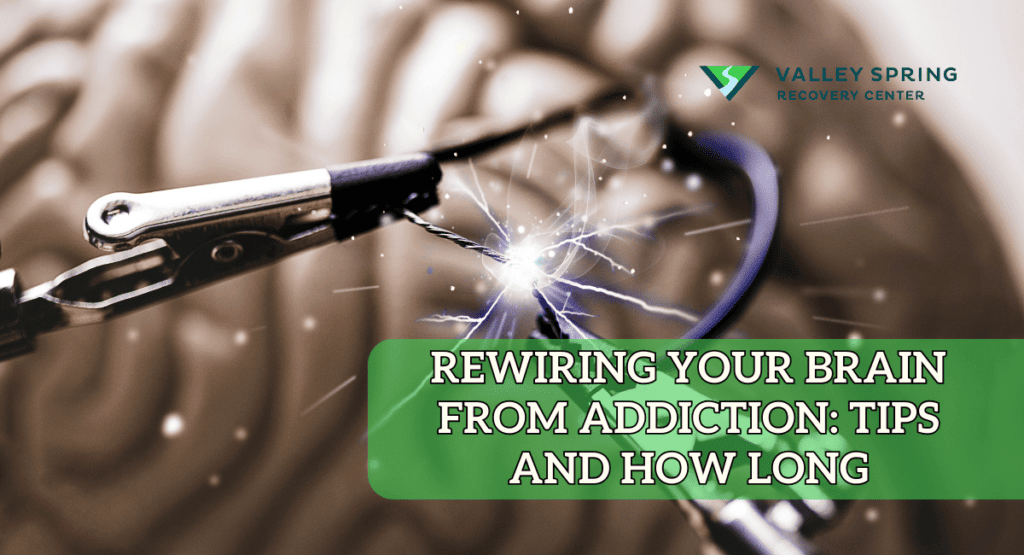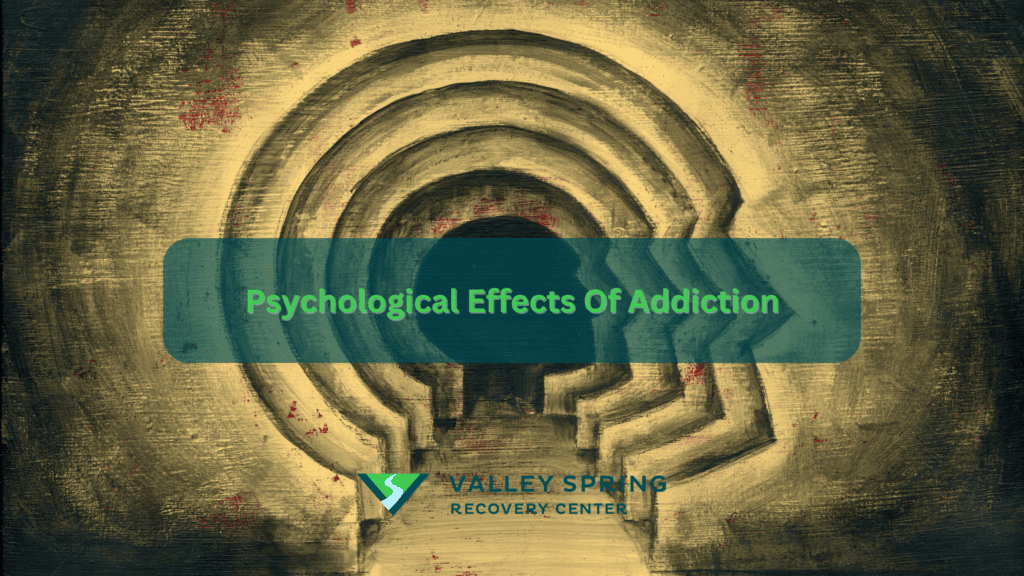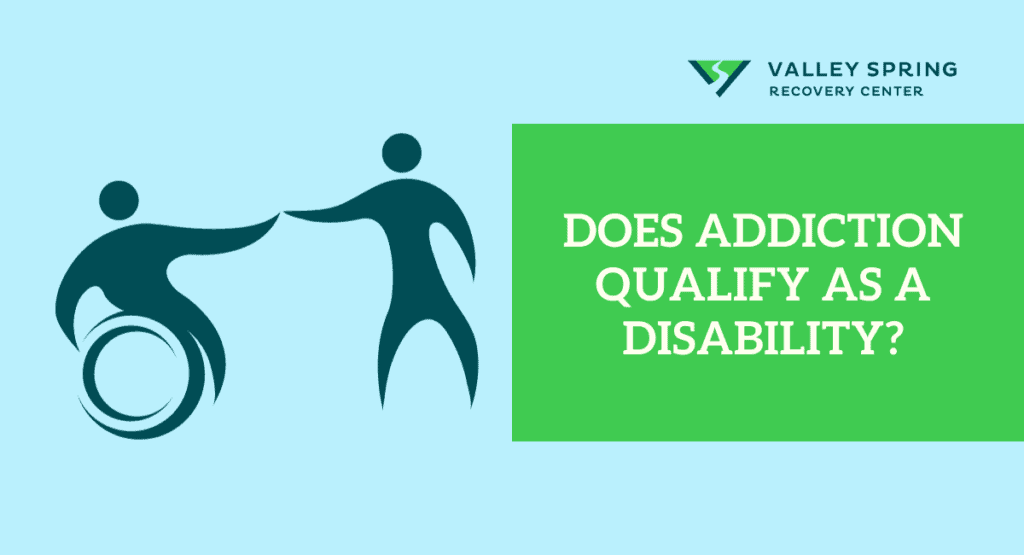Dealing with a drug-addicted son is an incredibly challenging and heart-wrenching experience for any parent. Addiction is a complex condition that takes a toll on both the addicted and their loved ones. It affects physical, mental, and emotional health, creating problems in familial relationships.
There is never a good time to give up hope, however, there are signs and indicators that can help in setting boundaries and prioritizing personal well being. These boundaries will also be helpful for a childs recovery.
What is it Like Having a Drug Addict Son?
Having a drug-addicted son is an incredibly distressing and emotionally exhausting experience for parents. It often involves a rollercoaster of emotions, including fear, sadness, guilt, frustration, and even shame. You’ll feel a profound sense of loss as you witness your child struggling with addiction, as the person you once knew seems to slip away.
There is often a constant state of worry, as you fret about your child’s safety, health, and future. You’ll likely feel a sense of powerlessness, as addiction is a complex and formidable opponent. You’ll often find yourself caught in a cycle of hope and disappointment, as you witness your child’s repeated attempts to recover and, at times, relapse.
The impact of having a drug addict son also extends beyond the emotional effects. It strains familial relationships, as you’ll find yourself grappling with feelings of blame, resentment, or even division within the family regarding the best course of action to take. Financial strain is also common, as you’ll find yourself supporting your child through treatment programs, legal issues, or other financial consequences of addiction.
What Can I Do to Help My Drug Addict Son?
If you find yourself in the difficult position of having a son who abuses drugs or is addicted, below are several steps to take to provide support and help facilitate their recovery, ranging from education to seeking support for yourself:
- Educate yourself: Take the time to learn about addiction, its causes, and available treatment options. Understanding the nature of addiction will help you approach the situation with empathy and knowledge.
- Communicate with empathy: Open lines of communication with your son, expressing your concern and love while maintaining a non-judgmental stance. Let them know that you are there to support them and that they can come to you without fear of criticism or punishment.
- Encourage treatment: Encourage your son to seek professional help and treatment for their addiction. Research reputable treatment centers, therapists, or support groups that specialize in addiction recovery, and offer to accompany them to appointments or meetings if they are willing.
- Set boundaries: While it is important to support your son, it is equally important to establish clear boundaries to protect your well-being. Boundaries will help you maintain your mental and emotional health while conveying that their behavior has consequences.
- Seek support for yourself: Caring for a drug-addict son is emotionally draining, so it is essential to prioritize your health. Seek support from friends, family, or support groups specifically designed for families affected by addiction. Professional therapy or counseling also provides you with guidance and a safe space to process your emotions.
- Encourage a healthy lifestyle: Promote a healthy lifestyle by encouraging your son to engage in activities that promote physical and mental well-being. This includes exercise, hobbies, and healthy social interactions.
- Understand relapse: It is important to recognize that addiction recovery is a challenging journey, and relapses may occur. If your son experiences a setback, continue to offer support and encourage them to re-engage with treatment and support systems.
Remember, every situation is unique, and what works for one person may not work for another. It is crucial to remain patient, persistent, and compassionate throughout the process of helping your drug addict son.
How Do I Know It’s Time to Let Go of My Drug-Addict Child?
Drug addiction is a chronic disease, but there is always hope of recovery with the right treatment and motivation. Instead of letting go, setting boundaries and prioritizing personal well-being is a useful mindset shift. Some of the signs it’s time to set very strong boundaries are listed below:
1. You’ve exhausted all options
Evaluate whether you have exhausted all available options for helping your son. Have you sought professional help, encouraged treatment, and provided support to the best of your ability? If you’ve tried various interventions and your son continues to resist or reject help, it may be an indication that the situation is beyond your immediate control.
2. Continuous harmful behavior
Consider whether your son’s addiction is causing ongoing harm to himself and others, including yourself and your family. This may include instances of physical or emotional abuse, theft, manipulation, or other destructive behaviors that persist despite your efforts to help.
3. Impact on your well-being
Reflect on the toll that your son’s addiction has taken on your own mental, emotional, and physical health. Is it affecting your overall quality of life, relationships, or other responsibilities? It is essential to prioritize your well-being and consider whether continuing to stay enmeshed in the situation is detrimental to your stability and happiness.
4. Safety concerns
Assess the level of safety and stability within your home environment. If your son’s addiction is creating an unsafe or volatile atmosphere for yourself, other family members, or even your son, it may be necessary to prioritize safety and seek alternative solutions.
5. Professional guidance
Consult with addiction specialists, therapists, or support groups who will provide guidance based on their expertise and experience. They will help you navigate the specific circumstances surrounding your son’s addiction and provide insights into when it may be appropriate to consider letting go.
Ultimately, the decision to let go is highly personal, and it is emotionally challenging. It involves setting boundaries, prioritizing your well-being, and seeking support for yourself.
What Are The Ways To Prioritize Personal Well-Being With A Drug Addicted Son?
Here are some ways to work on personal well-being when a son or daughter is struggling with substance use disorder:
1. Acceptance
Accept that you cannot control your son’s choices or outcomes. Recognize that addiction is a powerful force that requires your son’s willingness to change. Embrace the reality that letting go does not mean abandoning your love for him but releasing the need to fix or rescue him.
2. Set boundaries
Again, you must establish clear boundaries to protect your well-being. This may involve defining what behaviors you will not tolerate, such as enabling or being subjected to abuse. Communicate these boundaries to your son and enforce them consistently.
3. Seek support
Reach out to support groups, therapy, or counseling specifically designed for families affected by addiction. These resources provide you with guidance, validation, and a safe space to express your emotions. Connecting with others who have gone through similar experiences is invaluable.
4. Focus on self-care
Prioritize your well-being and engage in self-care practices. Take care of your physical and mental health through activities like exercise, hobbies, meditation, or spending time with loved ones. This will help you maintain your strength and resilience throughout the process.
5. Detach with love
Detaching with love means finding a balance between showing empathy and care for your son while also accepting that his recovery is ultimately his responsibility. This involves detaching from the need to control his actions or outcomes and instead focusing on your well-being.
6. Practice acceptance and forgiveness
Cultivate acceptance of the situation and forgiveness for yourself and your son. Recognize that addiction is a complex disease, and both you and your son are imperfect human beings. Forgiving yourself for any perceived failures or mistakes is a crucial step in the healing process.
7. Seek professional guidance
Consider seeking guidance from addiction specialists, therapists, or counselors who can provide personalized advice based on your specific circumstances. They’ll help you navigate the emotions associated with letting go and provide support throughout the process.
Remember that letting go doesn’t mean giving up on your son. It means acknowledging your limitations and focusing on your well-being while still holding a space of love and support.
Why Should You Set Boundaries With a Drug Addict Son?
There are many reasons to let go of an addict son, including focusing on your own physical and mental health, helping your child heal, redirecting your focus, and more:
- Self-preservation: Caring for a drug addict son takes a significant toll on your own mental, emotional, and physical well-being. Letting go is an act of self-preservation, allowing you to prioritize your health and happiness.
- Enabling behavior: Sometimes, parents unknowingly enable their child’s addiction by providing financial support, making excuses, or shielding them from the consequences of their actions. Letting go will break the cycle of enabling and allow your son to face the full impact of their addiction, which may be necessary for their motivation to change.
- Empowering your son: By letting go, you allow your son to take responsibility for their own choices and actions. It will create an opportunity for them to face the consequences of their addiction, which is an essential step for their personal growth and recovery.
- Fostering independence: Letting go will allow your son to develop a sense of independence and self-reliance. It allows them to seek help and take ownership of their recovery journey without relying on others to fix their problems.
- Encouraging professional help: Letting go may prompt your son to seek professional help and treatment on their own accord. It removes the safety net of parental support and motivates them to seek the necessary assistance that they may have been avoiding.
- Redirecting focus: Letting go enables you to redirect your focus toward your own life, goals, and well-being. It allows you to invest in your happiness and find fulfillment outside of the constant stress and worry associated with your son’s addiction.
You should aim to work with experts to make the process less stressful and painful for both you and your son.
Frequently Asked Questions
How Do I Know I’ve Done Everything I Can to Help My Drug Addict Son?
Here are some signs you may have made significant efforts and have done all you can:
- You have educated yourself about addiction.
- You’ve encouraged professional help and treatment.
- You’ve maintained open communication without judgment.
- You’ve set clear boundaries to protect yourself and your family.
- You’ve accepted your limitations and focused on support rather than control.
Remember, addiction is complex, and seeking professional guidance is essential for making informed decisions.
What are the Risks of Enabling My Drug Addict Son’s Behavior?
Enabling your drug addict son’s behavior has significant risks and negative consequences. By shielding him from the consequences of his addiction, you unintentionally reinforce his destructive behaviors and hinder his motivation for change. Enabling also creates a financial dependency, strains relationships with others, and leads to emotional and physical exhaustion. Moreover, it inhibits his personal growth and resilience needed for recovery. Recognizing these risks is crucial in breaking the cycle of enabling and supporting his long-term well-being and recovery.
How Can I Set Boundaries with My Drug Addict Son While Still Showing Love and Support?
To set boundaries with your drug-addicted son while still showing love and support, it’s important to communicate clearly and consistently. Express your boundaries calmly and assertively, separating the person from the addiction. Let him know that your boundaries are aimed at addressing the addiction, not rejecting him as a person. Offer support for treatment and encourage him to seek professional help. Seek guidance from addiction specialists to navigate this challenging situation. Practice active listening and empathy, showing understanding while emphasizing the importance of his commitment to recovery. Setting boundaries is an act of love and self-care that allows you to support him while prioritizing your well-being.
What are the Consequences of Holding On When You Should Let Go?
Holding on when you should let go will lead to emotional turmoil, missed opportunities, strained relationships, diminished self-worth, and prevent healing and personal growth.
What to do if your son has a child and is still using drugs?
Ben Fisher
All author postsShare This Post










